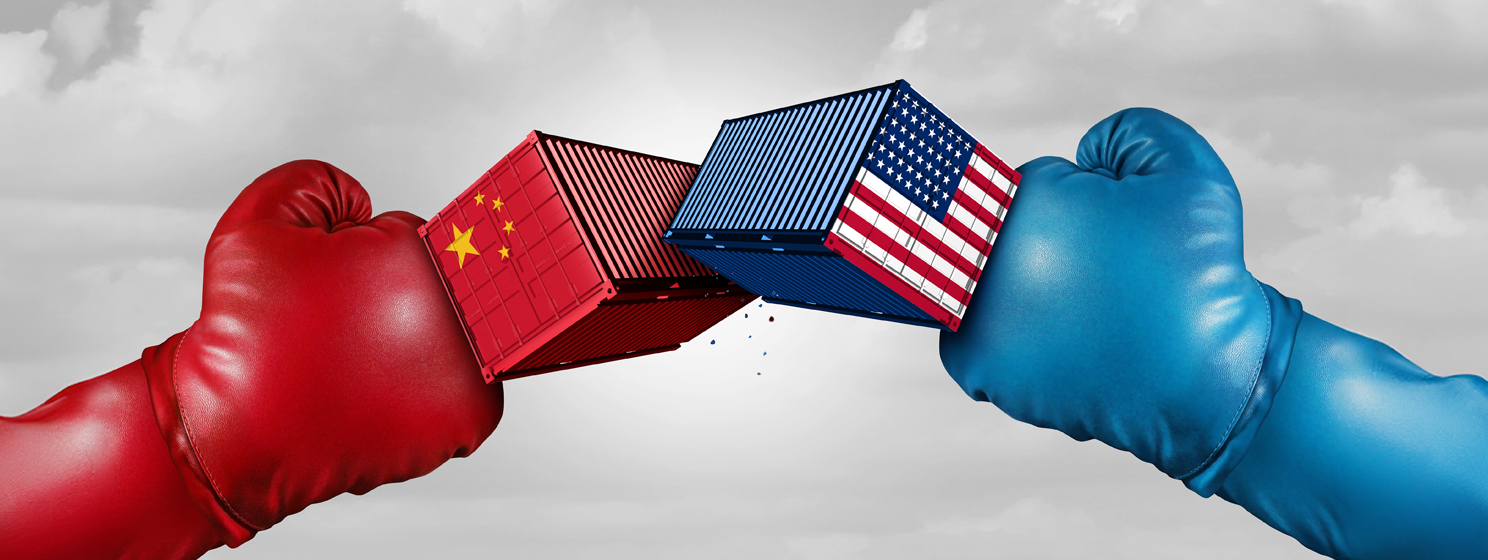|
Getting your Trinity Audio player ready...
|
One year and eight months since the first case was identified, COVID-19 has wreaked havoc across the world, with 4.2 million now dead. Africa has not been spared, but to date, it still has the lowest infections and deaths, relative to its population. However, there are still gaping holes in the region’s response to the deadly virus, and according to Kayode Babarinde, the executive director of the Africa Blockchain Institute, blockchain could be the solution.
Africa having the lowest COVID-19 cases and deaths—only a tenth of the cases in America—stands out when you consider that this is despite the region struggling to provide basic healthcare and dealing with other diseases such as malaria, tuberculosis, and HIV/AIDS. In addition, this is despite Africa having the least percentage of vaccinated individuals—only 2% of the world’s COVID-19 vaccines have been administered in Africa.
For a continent whose median age is 19-20, the answer—or at least part of it—may lie in embracing technology in the COVID-19 response, especially blockchain technology. In his op-ed for the World Economic Forum, Babarinde noted that “embracing new technologies and the possibilities of blockchain could help in managing the COVID-19 pandemic and other pandemics that might occur in future.”
Babarinde leads ABI, an organization whose focus is “promoting the adoption, development, and use of blockchain technology by providing high quality blockchain education to professionals, entrepreneurs, government regulators, and the public,” as he told CoinGeek in an interview last year.
One of the benefits of adopting blockchain in the fight against COVID-19 is enhancing faster supplies of data and material. Countries like India have showed just how dire the consequences of glitches in the exchange of health information and data could be. As such, using a decentralized, immutable and public ledger could help Africa be better prepared to respond to the scourge.
Transparency in healthcare could also prove critical in the fight against the pandemic, and blockchain could be the key to this. “Blockchain’s decentralised ledger system could provide a better track-and-trace system, where data from multiple sources is aggregated to give greater confidence in the data regarding infection rates,” Babarinde observed.
As vaccination becomes more common in Africa, the region could face a challenge that others like Europe and North America have faced—fake vaccination certificates. In the U.K. for instance, a fake COVID-19 vaccination certificate goes for as low as $150 on the dark web. Blockchain technology could play a big role in stamping out such fake certificates.
“Blockchain’s decentralised public ledger system could allow for multiple verifications of the authenticity of the certificates, thus helping to curb the proliferation of fake COVID-19 vaccine certificates. […] With blockchain, the certificates are distributed across several servers, providing more security while making data retrieval accurate and instantaneous,” Babarinde opined.
Already, the Bitcoin SV blockchain is proving to be one of the frontrunners in the fight against COVID-19 in Africa. In the Southern African nation of Lesotho, BSV startup VXPASS is playing a central role in its response to the pandemic. VXPASS has partnered with the SESIU Fund to make vaccine card distributions and other logistics in the country paperless.
Speaking to CoinGeek, founder Zachary Weiner stated, “VXPASS is providing a replacement for the common paper COVID card with a secure, digital, patient-owned version.”
He added, “By replacing the paper cards with on-chain digital records we can help unlock borders in the short term, and significantly reduce ongoing medical tech debt in the long term. For VXPASS this is an ideal opportunity to solve the problem that we were created to solve.”
Watch: CoinGeek Zurich panel, Blockchain & the Future of Africa

 02-13-2026
02-13-2026 




